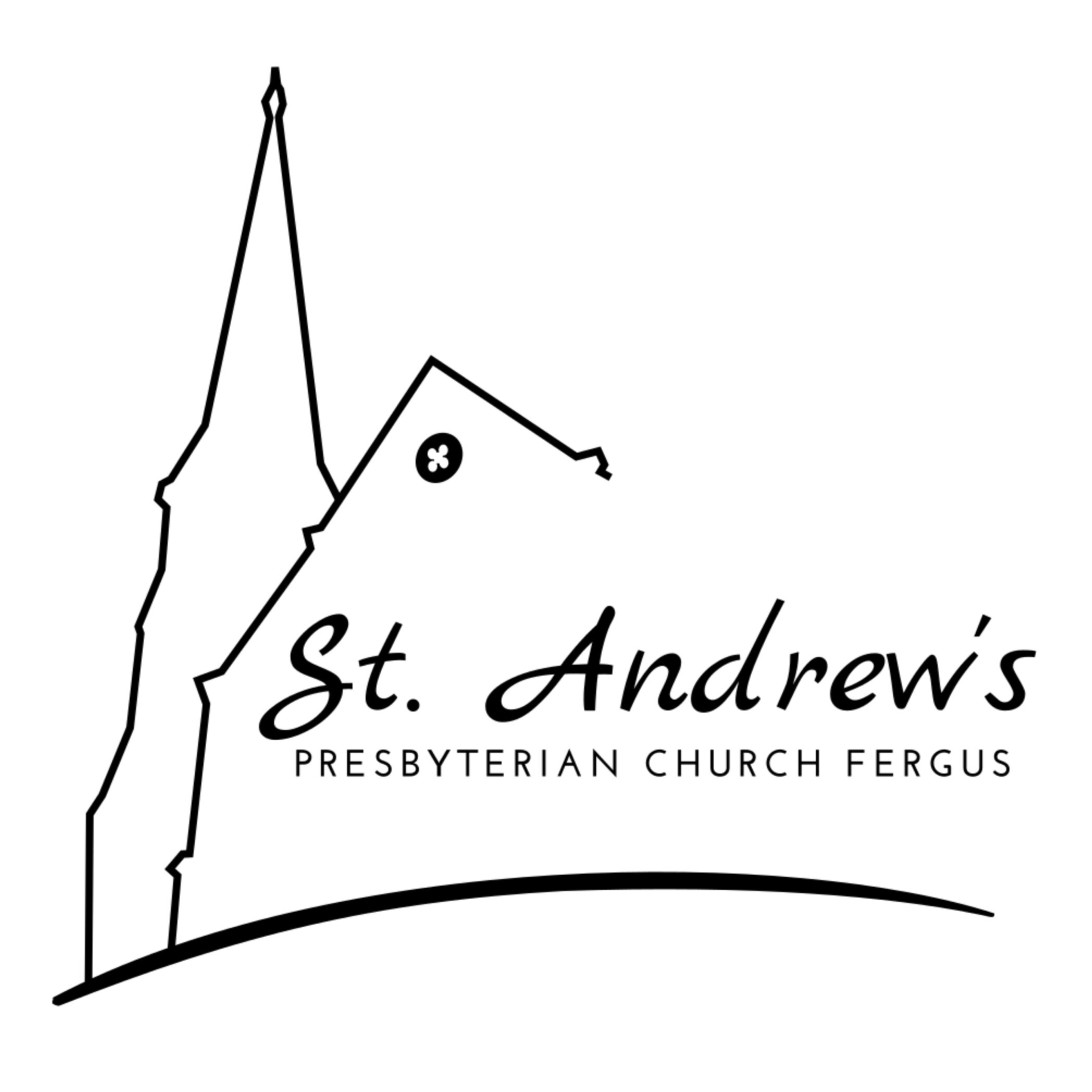Deciding to follow
Luke 3:1-9
3 In the fifteenth year of the reign of Emperor Tiberius, when Pontius Pilate was governor of Judea, and Herod was ruler of Galilee, and his brother Philip ruler of the region of Ituraea and Trachonitis, and Lysanias ruler of Abilene, 2 during the high-priesthood of Annas and Caiaphas, the word of God came to John son of Zechariah in the wilderness. 3 He went into all the region around the Jordan, proclaiming a baptism of repentance for the forgiveness of sins, 4 as it is written in the book of the words of the prophet Isaiah,
‘The voice of one crying out in the wilderness:
“Prepare the way of the Lord, make his paths straight.
5 Every valley shall be filled, and every mountain and hill shall be made low,
and the crooked shall be made straight, and the rough ways made smooth;
6 and all flesh shall see the salvation of God.”’
7 John said to the crowds that came out to be baptized by him, ‘You brood of vipers! Who warned you to flee from the wrath to come? 8 Bear fruits worthy of repentance. Do not begin to say to yourselves, “We have Abraham as our ancestor”; for I tell you, God is able from these stones to raise up children to Abraham. 9 Even now the axe is lying at the root of the trees; every tree therefore that does not bear good fruit is cut down and thrown into the fire.’
At first glance vs. 1 and 2 seem to be nothing more than a recounting of who the political figures were who had power. But the text quickly turns to talk about John, son of Zechariah. Because from the Bible’s perspective John matters more than the kings and rulers, more than those who had political power and influence. Again and again in God’s working with humanity, it is those overlooked and ignored by human beings that God uses in what God is doing in the world.
John was, according to his father’s song, to bring a message of forgiveness and mercy (Luke 1:77,78) but that is not how his message sounds in what we just read. John bluntly challenges his hearers, calling them to not trust in their heritage, to not trust in their roots back to people who followed God in the past. The metaphor of the tree is that God is cutting down those who do not show any signs of following God in this life. God appreciates the roots people have back to ancestors who were people of faith. But those roots will not save people, individuals need their own relationship with God, they cannot depend on someone else.
Here then is where the forgiveness and mercy fit in – God offers forgiveness to all who desire to develop a relationship with God, God offers mercy to all who make a choice to trust in Jesus Christ. A new start is offered to all who seek after God themselves, instead of trusting in those who have gone before. As the saying goes, “God has no grandchildren”; meaning individuals need to make their own decision to become a child of God.
In Advent, John invites his hearers to make a decision to be the children of God.
PRAYER:
Lord, we want to be Christians, followers of your Son, Jesus Christ, your children. We rejoice that you invite us to decide to be your followers, and that is what we do. We have decided to follow you. In Jesus’ name. Amen.
